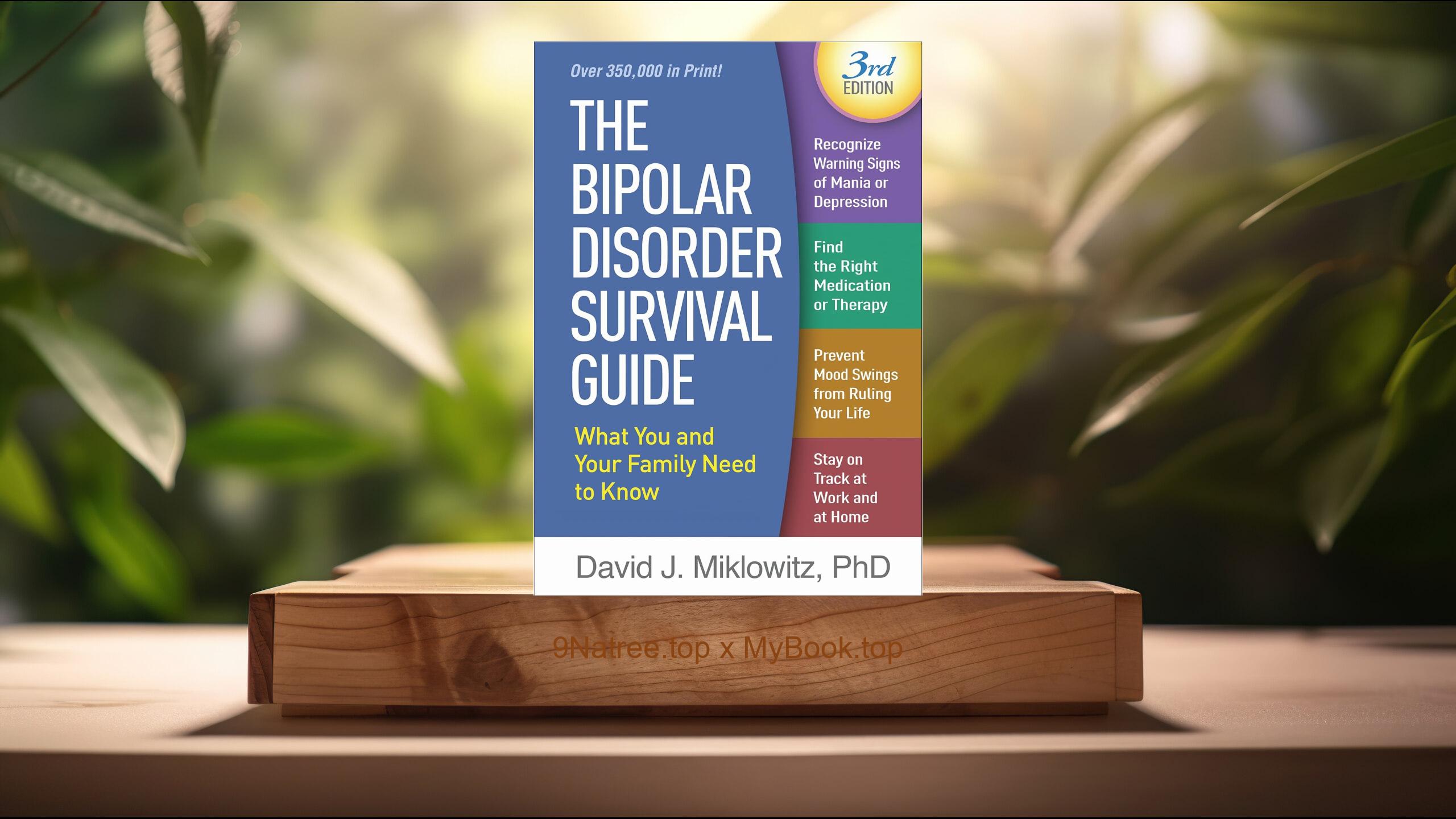Show Notes
- Amazon US Store: https://www.amazon.com/dp/B00SVB4VJ6?tag=9natree-20
- Amazon Worldwide Store: https://global.buys.trade/DBT-Skills-Training-Manual-Marsha-M-Linehan.html
- eBay: https://www.ebay.com/sch/i.html?_nkw=DBT+Skills+Training+Manual+Marsha+M+Linehan+&mkcid=1&mkrid=711-53200-19255-0&siteid=0&campid=5339060787&customid=9natree&toolid=10001&mkevt=1
- Read more: https://mybook.top/read/B00SVB4VJ6/
#DialecticalBehaviorTherapy #Mindfulness #EmotionRegulation #DistressTolerance #InterpersonalEffectiveness #MentalHealth #PsychologicalResilience #DBTSkillsTrainingManual
These are takeaways from this book.
Firstly, Mindfulness: The Core of DBT, Mindfulness, as presented in the 'DBT Skills Training Manual', is the foundational skill upon which all other DBT skills are built. It is about living in the moment and experiencing one’s life as it happens, accepting it without judgment. Linehan emphasizes mindfulness as a means of developing a deeper understanding of oneself and one’s environment. This section of the manual provides exercises designed to improve awareness of thoughts, emotions, and sensations without trying to change them. The practice of mindfulness is crucial for individuals struggling with emotional regulation, as it helps break the cycle of automatic negative responses to distressing situations. Through examples and guided practices, readers learn to observe their internal experiences and external stimuli with an open and nonjudgmental stance, thus fostering a sense of calm and centeredness in challenging moments.
Secondly, Distress Tolerance: Managing Crisis Situations, Distress Tolerance skills, as outlined by Linehan, focus on surviving harmful situations without making them worse. These skills are particularly vital for individuals who experience intense emotional pain and who might react impulsively in ways that could exacerbate their distress. The 'DBT Skills Training Manual' introduces techniques such as self-soothing, distraction, and acceptance to help individuals navigate through crises. Readers are taught how to bear pain skillfully through methods that promote both survival and stabilization. The manual meticulously details exercises that encourage a non-evaluative stance towards current suffering and an understanding that pain, while unpleasant, is often a part of life. By equipping individuals with strategies to accept distressing experiences without judgment and to find meaning in suffering, Linehan guides readers toward a path of resilience and emotional growth.
Thirdly, Emotion Regulation: Understanding and Modifying Emotional Responses, Emotion Regulation is a crucial aspect of DBT, aiming at helping individuals understand and manage their emotional responses more effectively. Marsha M. Linehan, in her manual, breaks down the complexity of emotions and offers practical strategies for adjusting intense emotional reactions that can be disruptive. The section on Emotion Regulation contains insights into identifying and labeling emotions, increasing positive emotional events, and reducing vulnerability to emotion mind. Readers are introduced to techniques for decreasing the frequency of unwanted emotions and changing emotions that are not helpful. The manual also focuses on the importance of building mastery and resilience through experiences that foster positive feelings, thereby reducing emotional suffering. By practicing emotion regulation skills, individuals learn how to modulate their feelings without denying them, leading to more adaptive and constructive outcomes in their personal and social lives.
Fourthly, Interpersonal Effectiveness: Navigating Relationships, Interpersonal effectiveness, another cornerstone of DBT, equips individuals with the tools needed to engage in healthy relationships. The 'DBT Skills Training Manual' provides strategies for asserting needs, setting boundaries, and maintaining self-respect in relationships while minimizing conflict and increasing relationship satisfaction. Linehan emphasizes the importance of balancing priorities versus demands, wants versus shoulds, and relationship requirements versus self-respect issues. Through a series of exercises, readers learn how to communicate their needs effectively, listen and respond empathically, and negotiate solutions to interpersonal problems. The skills taught in this section are essential not only for individuals with Borderline Personality Disorder but for anyone looking to enhance their interpersonal interactions. By applying these techniques, individuals can develop more meaningful and fulfilling relationships, enhancing their social support network and overall well-being.
Lastly, The Dialectical Philosophy of DBT, At the heart of DBT lies the dialectical philosophy, which Marsha M. Linehan elucidates with clarity in her manual. This philosophy is based on the concept that everything is interconnected and change is constant and inevitable. The dialectical approach in DBT involves balancing acceptance with change. This section of the manual explores how accepting reality as it is—not as it should be—can coexist with the need for change, whether in thought, behavior, or emotional response. Linehan teaches readers how to reconcile opposite points of view and find a synthesis between accepting distressing realities and working towards change. By practicing dialectical thinking, individuals learn to view their situations and challenges in a more balanced and nuanced manner, reducing black-and-white thinking and promoting a more flexible approach to problem-solving. This philosophical underpinning reinforces all the DBT skills, offering a holistic framework for understanding the complexities of human psychology and fostering personal growth.
![[Review] DBT Skills Training Manual (Marsha M. Linehan) Summarized](https://episodes.castos.com/660078c6833215-59505987/images/1785798/c1a-085k3-6zdo1z41i5vp-721two.jpg)




